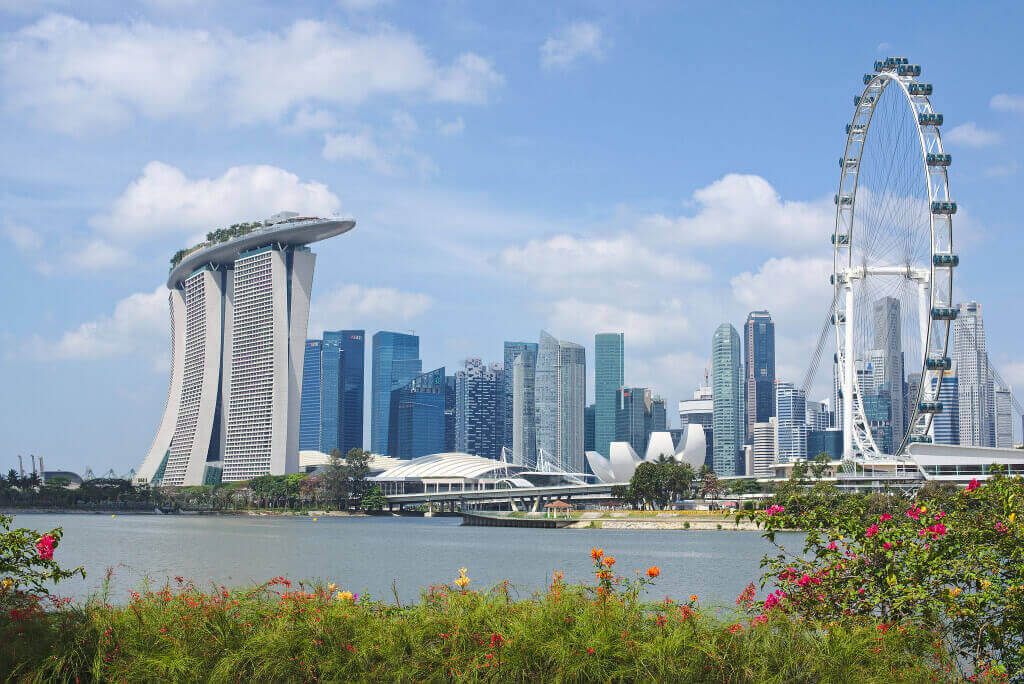
Singapore has moved to ban short-term home rentals in the city, directly impacting popular ‘alternative accommodation’ companies like Airbnb and HomeAway Asia.
The Urban Redevelopment Authority (URA) introduced new ‘guidelines’ into the Planning (Amendment) Bill that was passed in Parliament on February 6, 2017, two years after starting public consultations on short-term rentals.
Laws surrounding subletting homes remain largely unchanged, stipulating that homeowners do not have the right to lease their properties as accommodation for periods under six months (unless permission has been obtained by the URA).
However, the new legislation grants a rather intimidating level of authority to URA officers to ensure that rules are properly observed. URA officers will be permitted to call any potential ‘violators’ for questioning, demand any information or documents deemed relevant to the case, take on-site video evidence and even conduct forced entry into suspected homes.
Those found guilty face fines of up to S$200,000 or a maximum jail term of one year.
The mechanisms have been put in place on the basis that high turnovers of guests would give rise to “nuisance and safety concerns” amongst local neighbourhoods, according to the URA. The URA has allegedly seen a 60% rise in home-owner complaints over the past year however details are unclear as to how many are actually linked to ‘Airbnb-style’ rentals.
Airbnb expressed disappointment and frustration at the latest ruling stating, “we have repeatedly offered our support to relevant agencies to develop a framework that promotes responsible home-sharing. Nearly two years since the URA’s public consultation, it’s disappointing that the discussion has not moved forward.”
The company also went on to say that home rentals earn households an average of S$5000 per year, which undoubtedly has a significant positive impact on homeowners annual income.
HomeAway – which was originally founded in Singapore as Travelmob and has its regional office in Singapore – expressed its willingness to co-operate with the Singapore government.
Read rest of the article at Web in Travel




